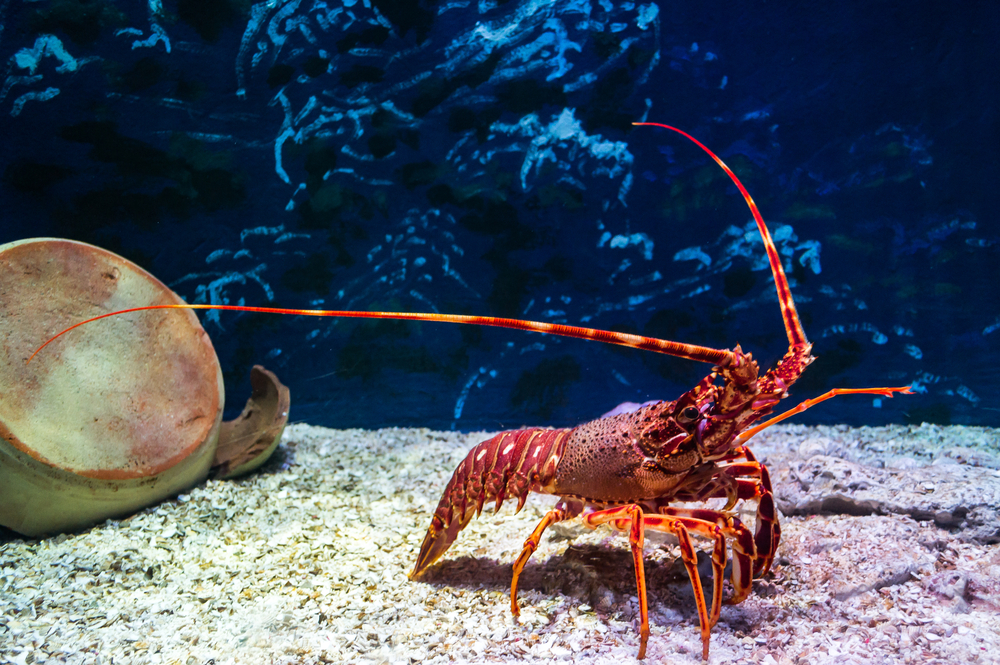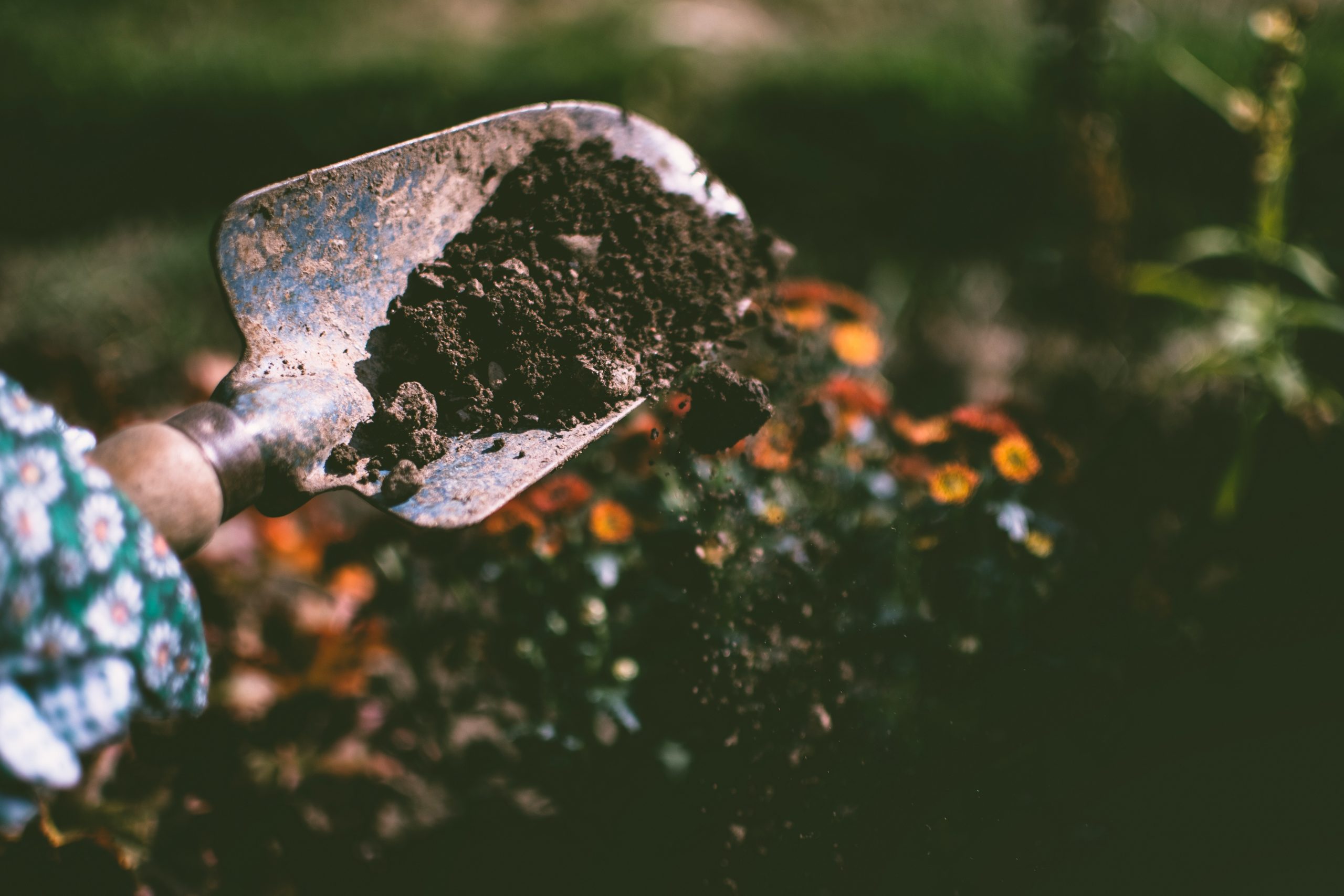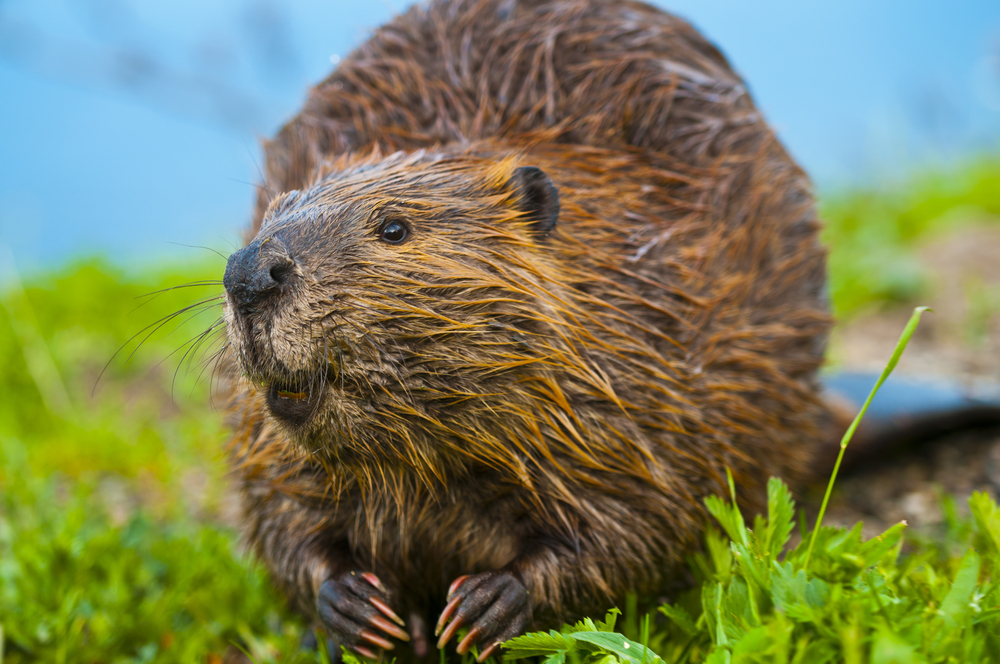Lobsters have been treasured by humans as a delicacy for centuries. The method of cooking the crustaceans, however, is controversial. In many cultures, it is a tradition to boil the lobster alive to maintain the integrity of the delicate meat. Lobster meat decays rapidity after death. Storing lobsters raw after death increases the risk of food-borne illness and greatly reduces the quality of flavor.
Commonly, lobsters are stored on ice to slow down their nervous system and then placed into boiling water while still technically alive. The method keeps it tender and delicious but is viewed as cruelty by many groups of people. The question of morality can be tackled by digging into the question, do lobsters feel pain?

The scientists take
Until fairly recently in humanity, scientists disregarded animals’ ability to feel pain because the sensation was equated with human consciousness. In the 1980s, however, scientists began shifting their ideas of how we study humans and animals. Since animals are not able to verbally communicate that they are in pain, scientists developed a set of criteria to determine whether a creature was able to feel pain. The list includes: demonstrating a response to a negative or painful stimulus, a body with a nervous system, opioid receptors, evidence of avoidance learning (changing behavior to avoid or eliminate negative stimulus), protecting affected areas, and the possession of self-awareness.
If an animal demonstrated multiple results on the above list, scientists confirmed the creature could feel pain on some level.
Do lobsters feel pain?
Utilizing the above criteria, most scientists would agree that lobsters are capable of feeling pain. They have been observed protecting an injury, their bodies have nervous systems and opioid receptors, and it is generally accepted that they possess a certain level of self-aware consciousness.

Eating a humanely harvested lobster
With new understanding emerging about how lobsters experience pain, a growing movement of scientists and consumers are calling for the antiquated methods of putting lobsters on ice and boiling them alive to be stopped. It is illegal in some parts of the world to boil lobsters alive including sections of New Zealand, Switzerland, and Italy.
Even in areas where boiling lobsters alive is legal, many restaurants have chosen to switch to more humane methods to appease conscious customers and be more kind.
The most humane method for killing a lobster is with electrocution. Many animals are butchered with an electric shot to kill them quickly and painlessly as possible. The leader in this technology for lobsters is the CrustaStun. With the electric shock, lobsters are dead with half of a second and avoid feeling any pain.







